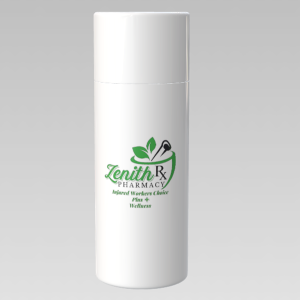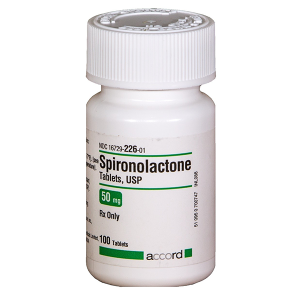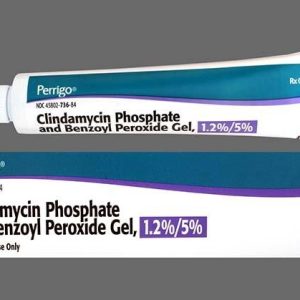Description
Overview
This compounded formulation combines six powerful ingredients to target hyperpigmentation, uneven skin tone, and signs of aging. Each ingredient plays a unique role in lightening dark spots, reducing inflammation, and promoting skin renewal. This combination is commonly used for treating melasma, post-inflammatory hyperpigmentation (PIH), sunspots, and overall skin discoloration.
- Ascorbic Acid (Vitamin C): A potent antioxidant that brightens the skin and fights free radical damage.
- Hydrocortisone: A mild corticosteroid that reduces inflammation and irritation.
- Hydroquinone: A well-known skin-lightening agent that inhibits melanin production.
- Kojic Acid: A natural skin brightener that enhances the effects of hydroquinone.
- Tretinoin: A retinoid that accelerates skin cell turnover, helping to fade dark spots.
- Vitamin E: An antioxidant that supports skin healing and hydration.
Mechanism of Action
- Ascorbic Acid (Vitamin C):
- Neutralizes free radicals that contribute to skin aging.
- Inhibits melanin production, reducing dark spots.
- Promotes collagen synthesis for a firmer complexion.
- Hydrocortisone:
- Reduces inflammation and redness, making the treatment more tolerable.
- Helps minimize irritation caused by hydroquinone and tretinoin.
- Hydroquinone:
- Inhibits tyrosinase, the enzyme responsible for melanin production.
- Targets hyperpigmented areas without affecting normal skin tone.
- Kojic Acid:
- Works synergistically with hydroquinone to enhance skin lightening.
- Also inhibits tyrosinase and provides mild antibacterial properties.
- Tretinoin:
- Speeds up cell turnover, allowing darkened skin cells to be replaced faster.
- Enhances penetration of hydroquinone and kojic acid.
- Reduces fine lines and wrinkles by stimulating collagen production.
- Vitamin E:
- Protects against oxidative stress and environmental damage.
- Helps soothe and hydrate the skin, preventing excessive dryness.
Benefits and Indications
This compounded formulation is used for:
- Melasma:
- One of the most effective treatments for stubborn melasma, especially in combination therapy.
- Post-Inflammatory Hyperpigmentation (PIH):
- Fades dark spots caused by acne, burns, or injuries.
- Sunspots & Age Spots:
- Reduces pigmentation caused by UV exposure and aging.
- Overall Skin Brightening:
- Improves skin tone and texture, giving a more radiant complexion.
Possible Side Effects
- Skin Irritation: Redness, peeling, and mild burning, especially in the early stages of treatment.
- Increased Sensitivity to Sunlight: Skin may become more prone to sunburn, requiring daily sunscreen use.
- Temporary Skin Dryness & Flaking: Caused by tretinoin’s exfoliating effect.
- Ochronosis (Rare but Serious): Prolonged hydroquinone use may lead to a bluish-black discoloration of the skin.
Drug Interactions
- Benzoyl Peroxide & Hydrogen Peroxide: Can cause temporary skin darkening when combined with hydroquinone.
- Other Retinoids (e.g., Adapalene, Isotretinoin): May increase skin irritation.
- Exfoliants (e.g., Glycolic Acid, Salicylic Acid): Can enhance peeling and irritation.
- Corticosteroids (Long-Term Use): Prolonged use of hydrocortisone may thin the skin.
Precautions and Considerations
- Short-Term Use Recommended: Hydroquinone should not be used continuously for more than 3-6 months.
- Patch Testing: Recommended before full-face application to check for sensitivity.
- Avoid During Pregnancy: Hydroquinone and tretinoin are not recommended during pregnancy.
- Strict Sun Protection: Daily use of broad-spectrum sunscreen (SPF 30 or higher) is essential.






Reviews
There are no reviews yet.